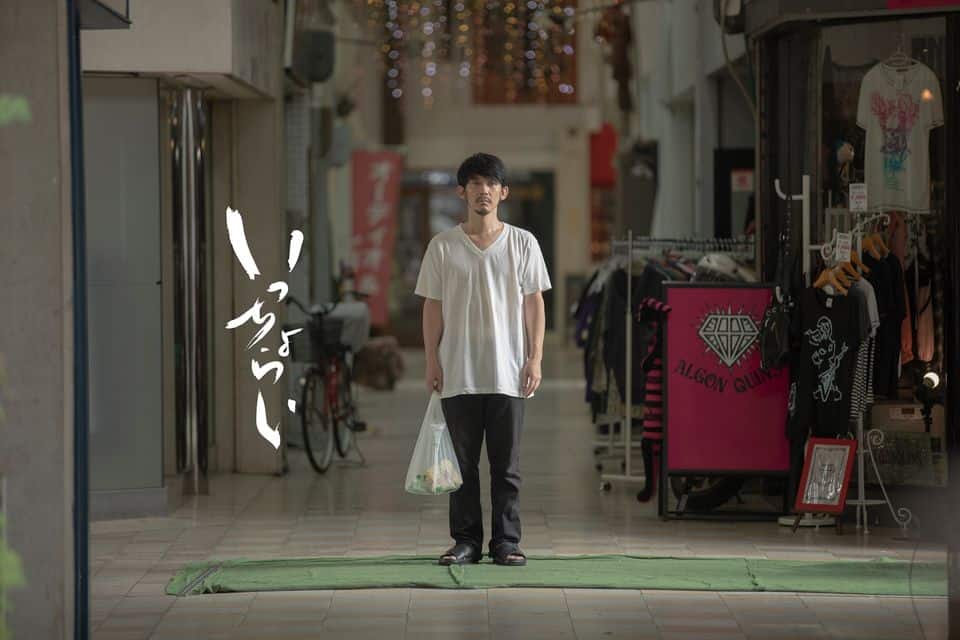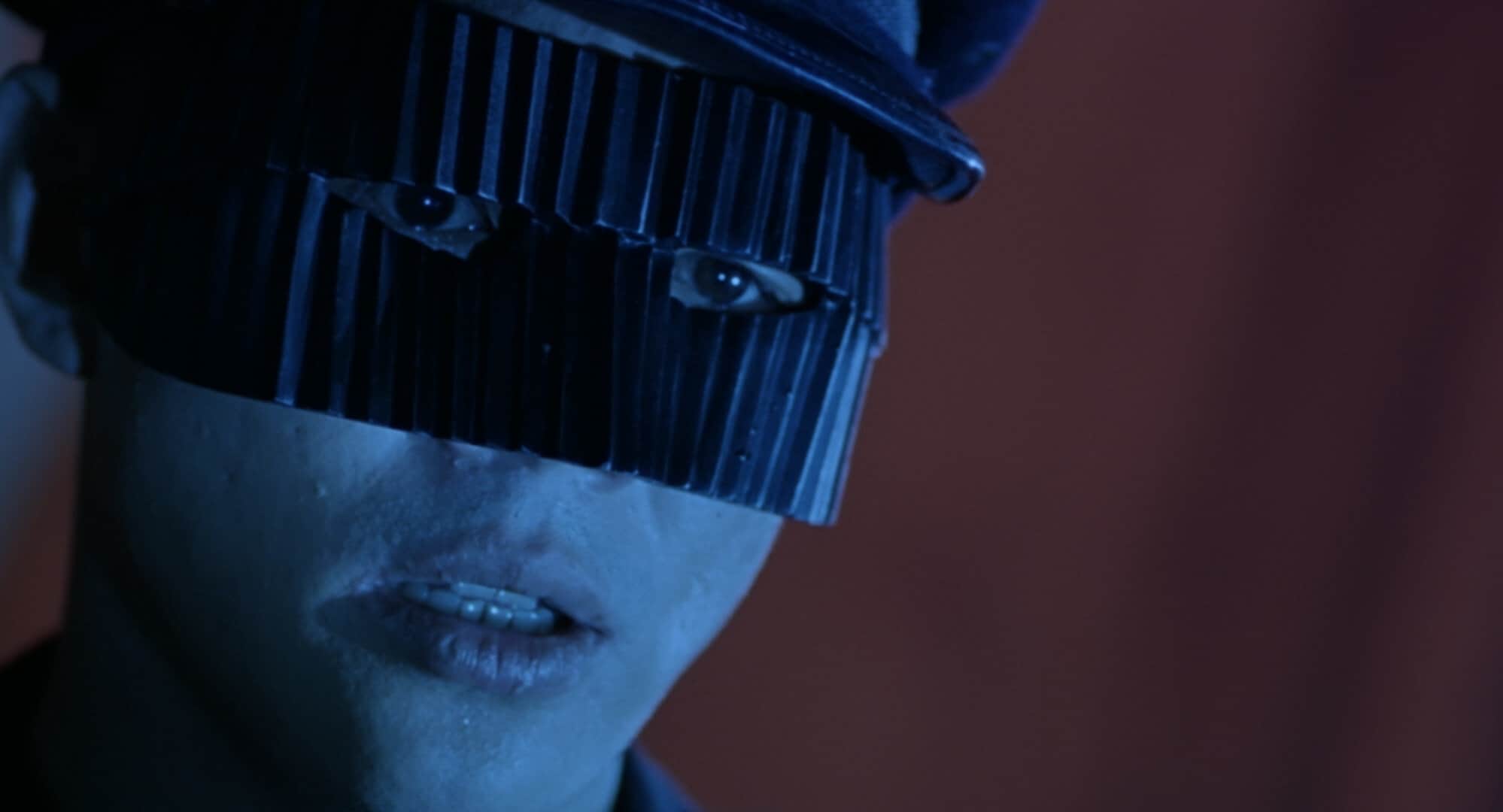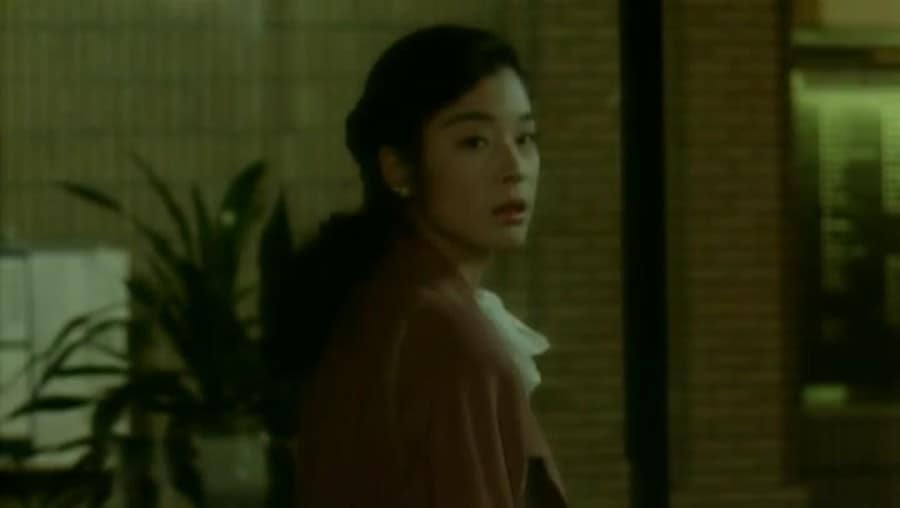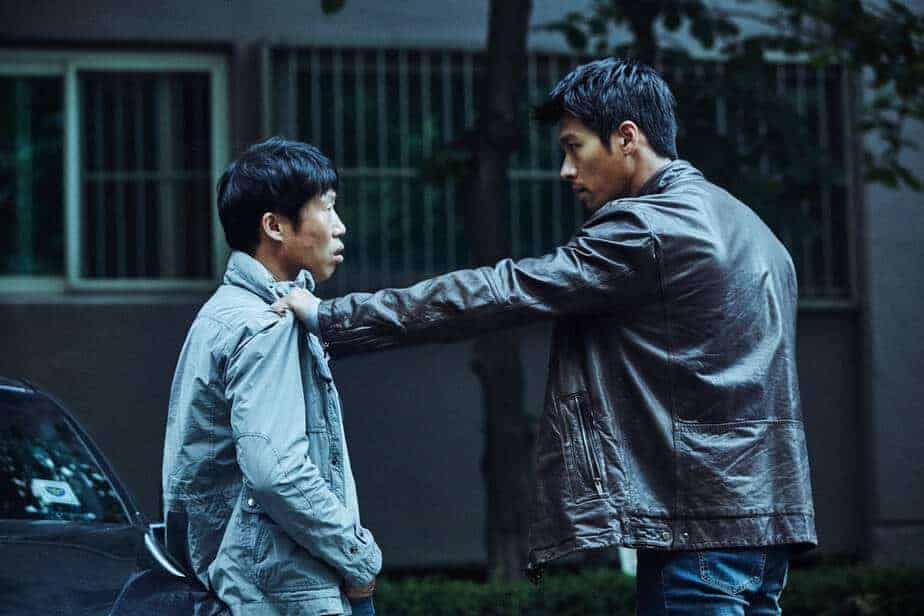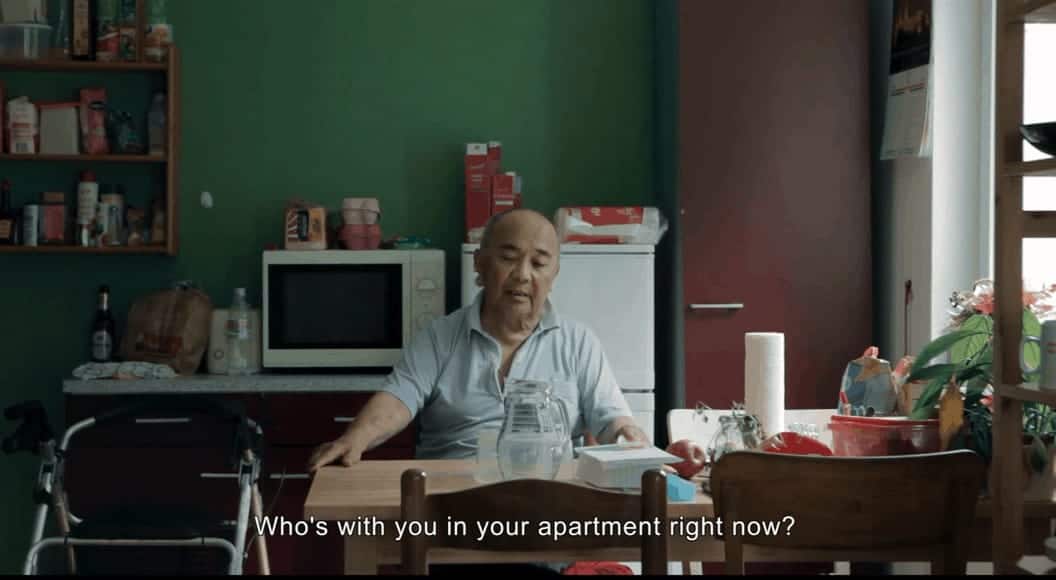Continuing his acting/directing career, “Roar”'s director appeared in an episode of “The Naked Director” but also managed to shoot two more films, the mid-length “Meaning of Life” and the feature “ICCHORAI” which will screen in Japan later this year. This review focuses on the latter, which is an extension of a short with the same theme Katayama shot a couple of years before, in his home town of Fukui.
Tetsuya, who everyone is calling Tecchan, is a 40-years-old man who runs a Chinese restaurant in the Shihei shopping district in front of Fukui station. He has inherited the shop from his now bedridden father, whose health has forced his son to forget his dreams about opening a shop in Tokyo, in contrast to his brother, who has left for the capital a long time ago. The result is Tecchan's life being in shambles, as he has no girlfriend, while a meeting with his ex-girlfriend who is now married to the son of the shopping district chairman after they had an affair, makes him realize how everyone around him has moved on and managed to find happiness. In the meantime, his father wants to hear one more time the “Icchorai” song being performed in a local festival, with his will making Tecchan find a purpose in his miserable life. Even in that regard, however, he stumbles upon issues, as due to financial problems, it is not sure if the festival will even take place.
Ryo Katayama creates the portrait of a truly broken man, whose familial burden seems to have destroyed him completely, essentially not allowing him to grow as a person. That he is stuck in the past, when he used to be someone cool as his old friends state to him, becomes evident on a number of occasions, but mostly from the fact that he keeps listening to a recorded message from his ex-girlfriend on his phone, not being able to let go in any way. At the same time, however, and although Katayama shows sympathy to his protagonist regarding his circumstances, he does not fail to highlight that his situation is also of his doing, particularly on a personal level, as his self-loathing is at least as much responsible for his problems. Furthermore, he also shows that by remaining the same as years pass, people actually become worse on a number of levels, as the coolness of a young man becomes something almost ridiculous when he reaches maturity, when character development on a number of levels is actually expected.
At the same time, and on a secondary level presented through the whole concept of “Icchorai” , Katayama also shows how tradition becomes extinct for the sake of modern day economics, with the situation of the father mirroring this aspect in metaphoric, but also eloquent fashion. The same applies to Tecchan's effort to present the song one last time and the difficulties he stumbles upon to do so. In that fashion, one could easily say that the whole narrative is dominated by an evident pessimism that seems to derive from an overall mentality that the good times are in the past and things can get only worse as time passes, with the mentality of both Tecchan and his father symbolizing this notion. Another comment, regarding the caring of the elderly and the burden it can put on their children concludes this approach.
The sense is also mirrored in the cinematography, with DP Yuji Fukaya coloring the screen with bleak colors for the most part, while capturing the narrow streets and shops of the neighborhood the story takes place in, in a way that mirrors the hopeless, no-way-out mentality of Tecchan. The same applies to Katayama's own editing, with the slow pace fitting the general aesthetics to perfection.
This permeating pessimism eventually takes over the narrative, cementing itself in the final part, which definitely reaches melodramatic paths, with one scene in particular extending for far too long. The very finale, however, although starts in the same way the previous part ended, a bit overlong and melodramatic, eventually emerges as the most impactful scene in the movie, highlighting how repetition can work in great ways when handled by a steady directorial hand, and with a great performance as Shuji Matsubayashi's as Tetsuya is in the part. This last part is actually so captivating, that any previous fault is actually forgotten.
“Icchorai” does not reinvent the family drama genre and the truth is, that, at times, it becomes too melodramatic. However, it is well shot, the comments are well communicated and the ending is one of the best we have seen lately, even if the factor of shock is not there at all, something that actually increases its value.


